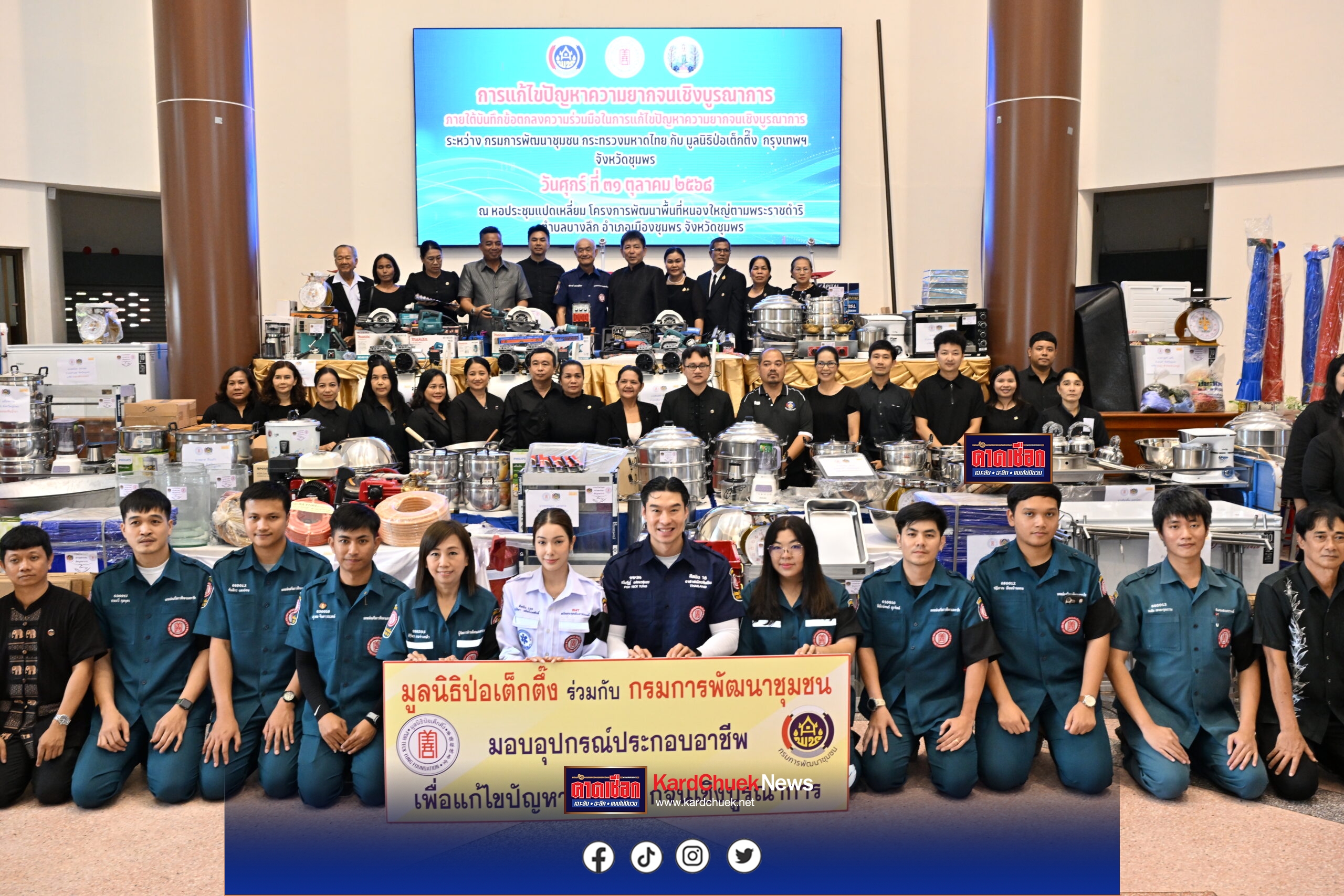The role of genetics in predicting exposure to possible breast cancer is largely undefined. Although the BRCA1 and BRCA2 family genes are known to increase the risk of breast cancer, the impact on person risk is much less clear. Even though the BRCA1 and BRCA2 genetics are associated with strong friends and family histories, many patients do not need such a history. Genetic medical tests are often performed to assess the victim risk for early on onset disease. The risk of cancer of the breast is also based on the common breast malignancy variations, which are far less well understood.
More than 30 genetics have been recognized as susceptibility family genes, including the BRCA1 and BRCA2 cancer-related genes. Other genetics that trigger breast cancer include rare and moderate-penetrance forms. However , genome-wide association studies have also acknowledged as being a larger selection of common genetic variants which are not associated with any kind of specific gene. These options map to genomic areas without being associated with specific genetics, and are regarded as involved in gene regulatory capabilities. The role these variants in disease susceptibility remains ambiguous, and these studies be aware of a small percentage of breast cancer conditions.
Although most all cases of cancer of the breast are caused by accidental mutations, BRCA1 and BRCA2 genes can be inherited. These types of genes happen to be related to a heightened risk of expanding click this link here now breasts and ovarian cancer. Also to breast cancer, they can likewise cause pancreatic and prostate cancer. Hereditary tests are essential to identify which sort of malignancy a person has. Hereditary counseling may be beneficial in many ways. In addition to genetic assessment, breast cancer genetic counseling will help identify the most appropriate treatment plan for a person having a BRCA veränderung.












